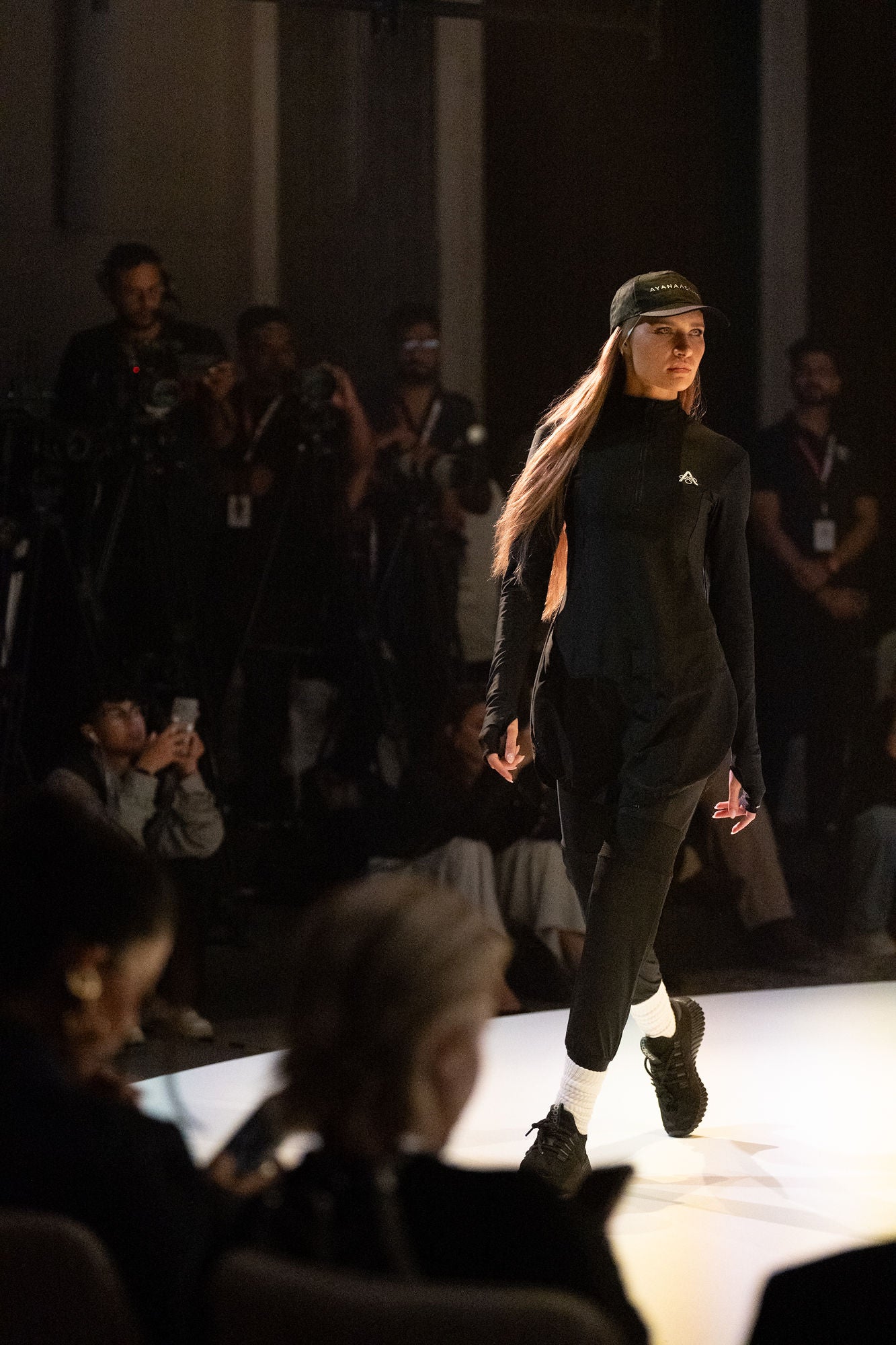The Psychology Behind Designer Labels
Why do people pay thousands for a handbag when a $100 version serves the same function? The answer lies not in utility, but in psychology.
Luxury branding taps into deep emotional and social drivers. Designer labels often serve as status symbols, signaling success, taste, and exclusivity. According to Psychology Today, consumers are drawn to luxury brands because they evoke feelings of self-esteem, identity, and belonging. This is what researchers call “emotional end-benefits.”
Brand loyalty in the luxury space is also shaped by perceived authenticity and timelessness. Consumers invest in brands like Hermès or Rolex not just for craftsmanship, but for the legacy and narrative they represent. These purchases become part of a personal story and an aspirational identity.
Social signaling also plays a major role. Some consumers prefer “loud” luxury - logos and recognizable designs that flaunt wealth. Others gravitate toward “quiet” luxury, favoring subtlety and insider recognition. Both reflect a desire to belong (or to stand apart).

Designer brands also foster loyalty through exclusive experiences. VIP access, personalized service, and limited-edition drops create emotional bonds that go beyond the product itself. It’s not just about what you buy, it’s about how it makes you feel.
For instance, Brunello Cucinelli offers invite-only access to its Casa Cucinelli salons. The salons are private, residential-style spaces where top clients can shop current collections, attend intimate events, and enjoy authentic Italian hospitality. These spaces, located in cities like New York and Milan, are designed to feel like a luxurious home rather than a store, complete with curated wine selections, cashmere-draped lounges, and personalized styling sessions.
Ultimately, luxury branding isn’t selling clothing. It’s selling identity, aspiration, and emotional resonance. And for many, that’s priceless.




1 comment
The article is thought provoking and addresses valid points. I agree that high-end designer labels, for the most; perpetuate a certain class of people and not accessible to the everyday woman. One of my issues is the condition of which these items are manufactured. Many of these top designers are of European origin; yet I’m certain their collections aren’t necessarily manufactured in Italy, Paris and London; where I imagine the cost to do so would be enormous. And rather, the manufacturing exists in China; where goods can be made at a very low cost margin and no doubt, seamstresses are paid a very low wage that’s not even close to being comparable to the exorbitant price that the apparel sells for. Admittedly, for most of my adult years; I’ve had an appreciation for fashion and style, but not in a trendy way. I prefer classic, well made clothing and quality fabrics; primarily because they’ll last for years. Yes, I’ve occasionally purchased top designer brand names; however, I was usually fortunate enough to find them in thrift shops(well before thrifting became popular) and more recently; on resell websites. I’m also concerned about sustainability in the fashion industry, although a few designers have become cognizant of the importance of it; there’s still a long way to go. I want to mention that I appreciate your intent to create modest apparel and I hope you’re able to achieve a space in the very competitive mainstream fashion industry. I’m definitely open to the purchase of modest apparel and would like to see more variation in fabric and style options. Many blessings on your continued journey!